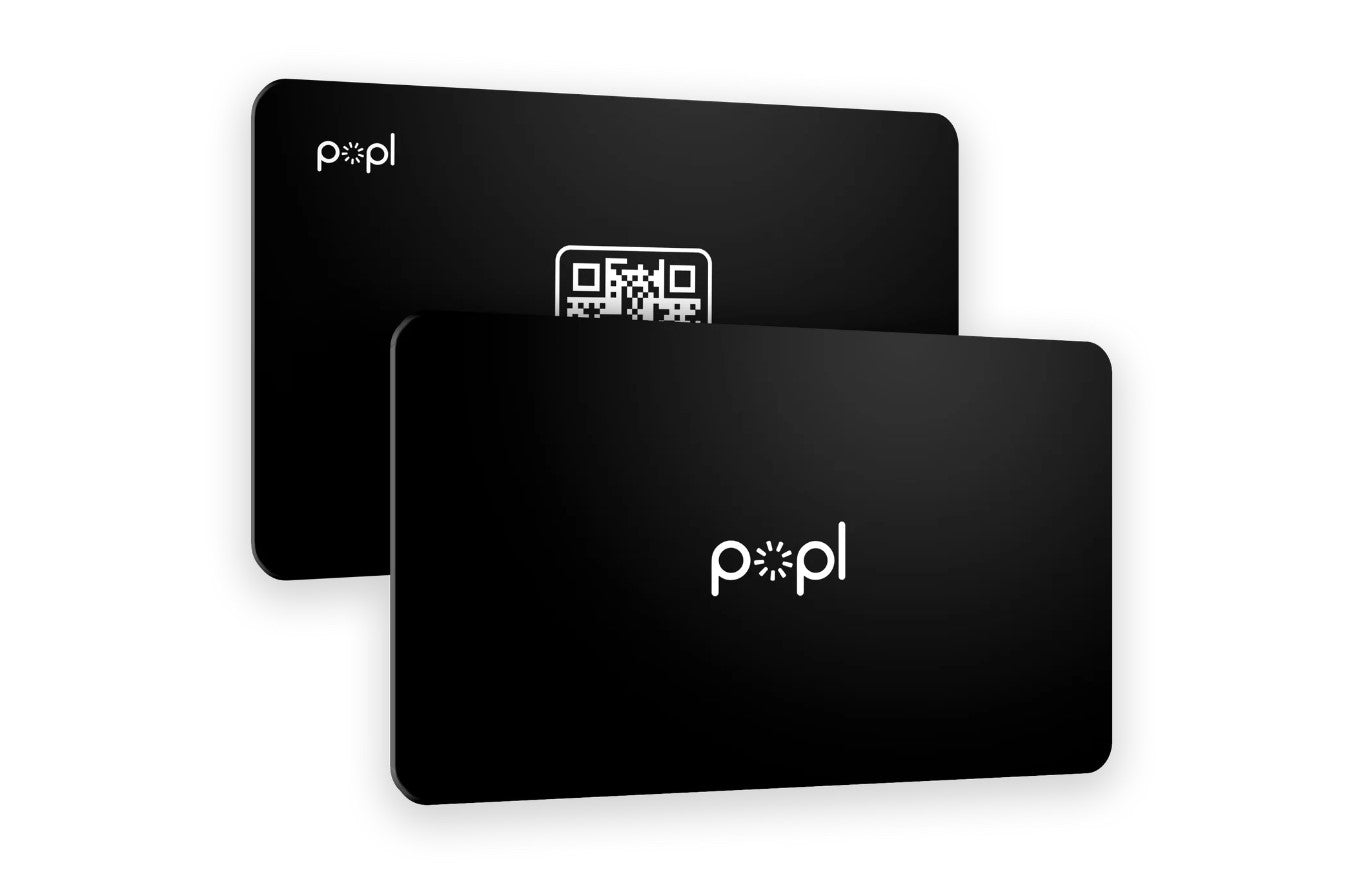In today’s evolving business environment, technical skills are no longer enough to guarantee success. Emotional intelligence, the ability to understand, manage, and use emotions effectively, has become a defining trait of top performers.
Whether you're navigating client meetings, managing a team, or networking at an event, developing emotional intelligence can elevate your professional impact and unlock new opportunities for growth.
What Is Emotional Intelligence?
Emotional intelligence (EQ) is the ability to perceive, understand, and manage emotions in yourself and others. It influences how you communicate, resolve conflict, lead teams, and respond to challenges. EQ is composed of five core elements that work in harmony to shape effective interpersonal behavior:
-
Self-awareness: Recognizing your own emotions and how they influence your actions
-
Self-regulation: Managing emotional responses and staying composed under pressure
-
Motivation: Maintaining a strong internal drive to achieve goals
-
Empathy: Understanding and relating to the emotions of others
-
Social skills: Building strong relationships and navigating complex social dynamics
Together, these abilities create a foundation for professional effectiveness in almost any role or industry.

Why Emotional Intelligence Matters in Business
Strengthening Communication and Team Collaboration
Employees with strong emotional intelligence communicate more clearly, respond more thoughtfully, and navigate interpersonal conflict with greater ease. This fosters healthier team dynamics, where feedback is constructive and innovation is encouraged.
In client-facing roles, emotional intelligence allows professionals to read subtle cues and respond with empathy. This is especially valuable during in-person events where strong communication and genuine connections drive better results.
Managing Stress and Building Resilience
High-EQ professionals are better equipped to handle pressure and adapt to fast-paced environments. Key stress-management skills include:
-
Regulating emotional reactions
-
Maintaining perspective during challenges
-
Managing expectations
-
Responding to conflict without escalation
-
Fostering positive relationships even in high-stress situations
These traits support long-term resilience and contribute to a more stable, productive work environment.
Responding Constructively to Feedback
Receiving feedback is a critical part of growth. Emotional intelligence helps professionals:
-
Remain calm and open-minded during feedback conversations
-
Separate personal identity from performance critiques
-
Focus on actionable insights
-
Strengthen relationships with colleagues or managers
This mindset creates a culture of continuous learning and improvement.
Enhancing Leadership and Influence
Emotional intelligence is a core trait of effective leaders. Leaders with high EQ are better at:
-
Building trust and engagement within teams
-
Resolving conflict early and effectively
-
Guiding teams through change with empathy and clarity
-
Making balanced decisions that consider both logic and emotion
Teams led by emotionally intelligent leaders often show increased morale, lower turnover, and greater collaboration.
How to Develop Emotional Intelligence
The great news about emotional intelligence is that it is not fixed. It can be strengthened over time with self-awareness, reflection, and intentional practice.
Build Self-Awareness
Start by becoming more conscious of your emotions and triggers:
-
Practice mindfulness or journaling to explore your reactions
-
Reflect on moments when emotions influenced your decisions
-
Ask for feedback about how your emotions show up at work
-
Pay attention to how your body responds to stress or conflict
Greater self-awareness helps you respond thoughtfully rather than react impulsively.
Improve Self-Regulation
Self-regulation allows you to stay composed and solution-oriented during tense moments:
-
Identify common emotional triggers
-
Take a pause before responding in heated conversations
-
Use breathing techniques to reset your mindset
-
Reframe negative situations into opportunities for learning
Professionals who regulate their emotions build trust and credibility.
Strengthen Empathy
Empathy enhances your ability to connect and communicate with others:
-
Listen to understand, not to reply
-
Ask open-ended questions to explore others’ perspectives
-
Observe nonverbal signals such as tone, facial expressions, or posture
-
Consider how personal or contextual factors may be influencing behavior
Empathy builds rapport and facilitates more effective collaboration.
Develop Social Skills
Strong social skills allow you to communicate, influence, and lead with confidence:
-
Practice clear, respectful communication
-
Use positive reinforcement to support team growth
-
Address conflict directly and diplomatically
-
Give feedback in ways that encourage improvement, not defensiveness
-
Network with intention and authenticity
These skills are essential for leadership, client relationships, and cross-functional teamwork.
Emotional Intelligence in In-Person Marketing and Sales
For professionals involved in face-to-face marketing or sales, emotional intelligence offers a competitive edge. The ability to understand your audience, adjust your message, and create authentic connections is essential.
During in-person events or meetings, emotionally intelligent professionals can:
-
Quickly assess how a person is responding
-
Adapt tone and delivery based on audience cues
-
Show genuine interest and active listening
-
Build trust through empathy and clarity
These moments often determine whether a relationship begins, continues, or ends. Emotional intelligence helps make those moments count.
The Measurable Impact of Emotional Intelligence
Emotional intelligence is more than a feel-good trait. It is a measurable driver of business success. Research shows that high-EQ professionals:
-
Advance more quickly in their careers
-
Report higher job satisfaction
-
Receive stronger client satisfaction scores
-
Navigate change and conflict with greater success
-
Drive higher engagement on their teams
Organizations with emotionally intelligent leaders tend to see reduced turnover, increased innovation, and stronger company culture.
Supporting EQ Development with Technology
While emotional intelligence is a human skill, technology can support its development. Tools that eliminate friction during networking, communication, or follow-up allow professionals to focus on the relationships that matter.
For example, using a digital business card like Popl at events ensures smooth, memorable introductions. Instead of fumbling for paper cards or losing contacts, you can focus fully on the human connection. This small shift allows your emotional intelligence to shine.
CRM systems also help track relationships and follow-ups, allowing you to personalize future interactions based on past conversations. This is another way to demonstrate empathy and connection in action.
Emotional Intelligence Is a Career Advantage
In an era where technical skills are increasingly automated, emotional intelligence sets top professionals apart. It helps you navigate complexity, build trust, and lead with authenticity.
By intentionally developing your EQ through self-awareness, empathy, and communication, you position yourself for long-term success. Whether you are building a team, managing clients, or growing your network, emotional intelligence enables you to create deeper connections and better outcomes.
Invest in your emotional intelligence, and you invest in one of your most powerful professional assets, Popl modern digital business card.















